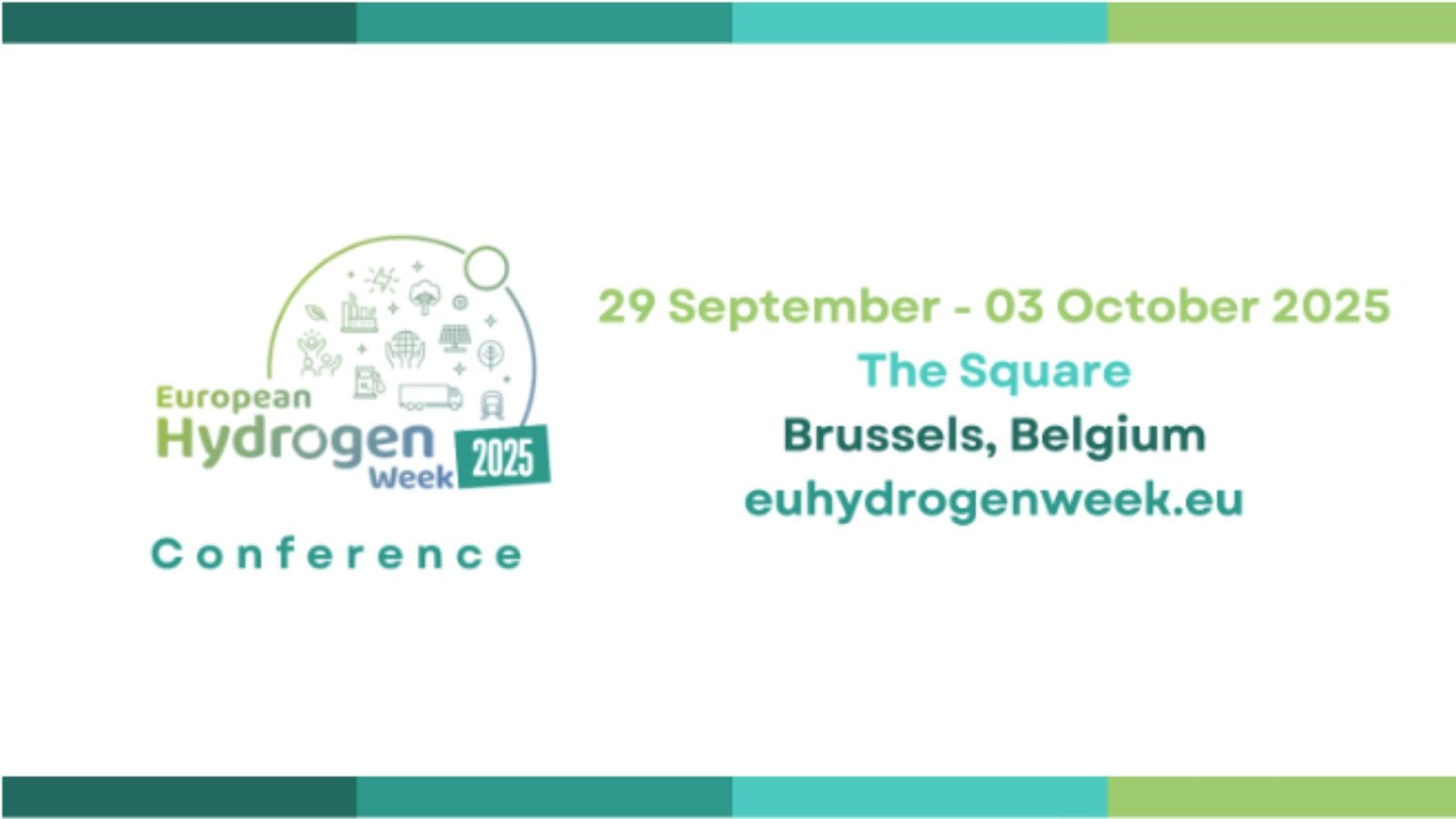As COP26 gathers pace, along with the recent Dutch court ruling that Shell must reduce its emissions by 45% by 2030, and in the wake of activist investor and board member pressures at ExxonMobil and Chevron, it has become no secret that the energy transition has necessitated a paradigm shift within the oil and gas sector.
Oil and gas companies are no longer able to circumvent the rising accountability expected by the public when it comes to sustainability. Just last week, EU Commission President Ursula von der Leyen urged countries to implement a “robust framework of rules, for example, to make global carbon markets a reality. Put a price on carbon; nature cannot pay that price anymore”. While this may seem like a challenge to the industry, it is also an opportunity to embed the sector within the energy transition, utilising the latest innovations in technology to transform the industry and support the environment.
The increased pressure on the sector has prompted some to argue that there has been an “ESG reckoning” for oil and gas. Governments are announcing new rules and restrictions every week; just a few days ago, a report by industry association BDI and Boston Consulting Group outlined how the changes the German government needed to meet its carbon target would result in the ‘greatest transformation in Germany’s history’. To take advantage of this wave, the oil and gas sector will need to rekindle its ‘pioneering spirit’ in order to ride the rising wave of decarbonisation and the energy transition quickly and decisively.
Technology and innovation will be vital to grasping this opportunity. Building the energy company of the future will require embracing technology; this innovation, in turn, must bring sustainable production and operations to the fore, rather than relegate them to the sidelines. With increased technological collaboration, oil and gas companies can make the ambitious transition to focusing on alternative energy sources.
Putting technological innovation at the heart of the energy transition and strategy does not mean neglecting existing emissions goals and production levels. Indeed, energy companies will have to continue to plan how they will seek to balance competing needs to maintain output levels while also battling increased scrutiny from the public and legislators over emissions charges.
Improving collaboration and fostering innovation in the offshore industries will herald clear positive operational results. Partnering with tech and digital companies that can fast-track technological advancements will put the sector in a much better position to handle future demands. In addition, technology can unlock unprecedented access into oil and gas platforms’ reliability and productivity, allowing for artificial intelligence systems to provide information on emissions, waste, and efficiency on platforms to better benchmark emissions targets and draw up ambitious future goals.
Energy technology has already been explored by many players in the industry. For example, Abu Dhabi’s National Energy Company (Taqa) recently signed a predictive maintenance contract with VROC’s AI platform, which will help provide efficiency, sustainability, and emissions metrics, and inform smarter emissions goals. Industry giants such as Shell and Saudi Arabian Oil have also significantly ramped up their artificial intelligence departments.
Discussing how to build future-proof energy companies is undoubtedly a core topic of the COP26 summit, which is gathering leaders from around the world to discuss some of the most pressing issues relating to our climate and environment. Though we have yet to see what tangible progress can be made ahead and following COP26, the momentum for discussing ESG and its position in the future of energy companies must be maintained, if we want to see meaningful action and results.
While the targets will be set at COP26, the technological methods for meeting them will likely appear shortly afterwards, at ADIPEC, Abu Dhabi’s flagship energy conference, held just days after COP26. Industry leaders will use the conference as an important platform to detail how the sector can move the conversation onto technological solutions. Exchanges like these will help propel the oil and gas sector into thinking critically about how we can transition successfully to an industry that holds sustainability as a core tenet, while also securing its future.
The oil and gas sector is at a crossroads, and technological innovation is at the heart of change. By harnessing advancements in the technology sector and effectively digitising the oil and gas industry, we can further the energy transition without having to sacrifice existing output goals and profitability. To build the energy company of the future, rather than resisting change, oil and gas companies need to be willing to embrace it.




